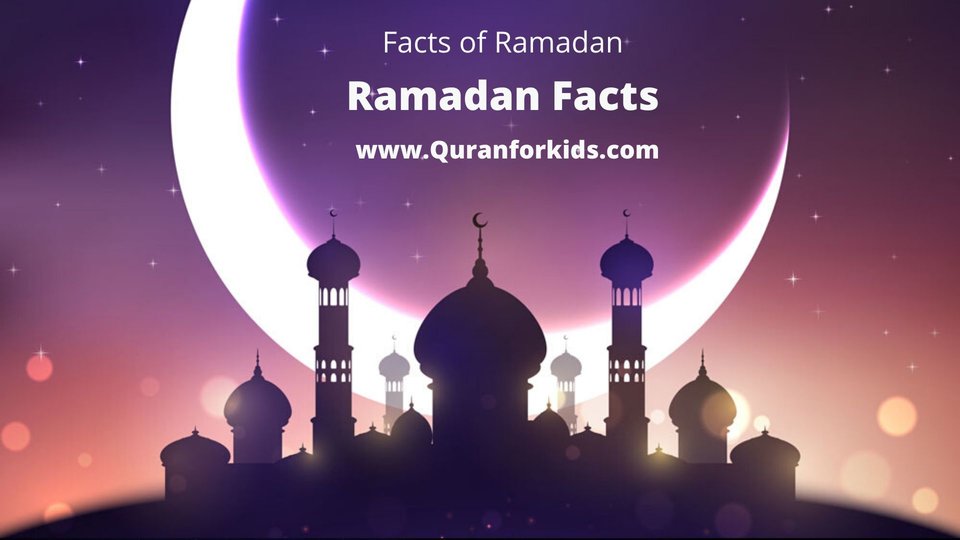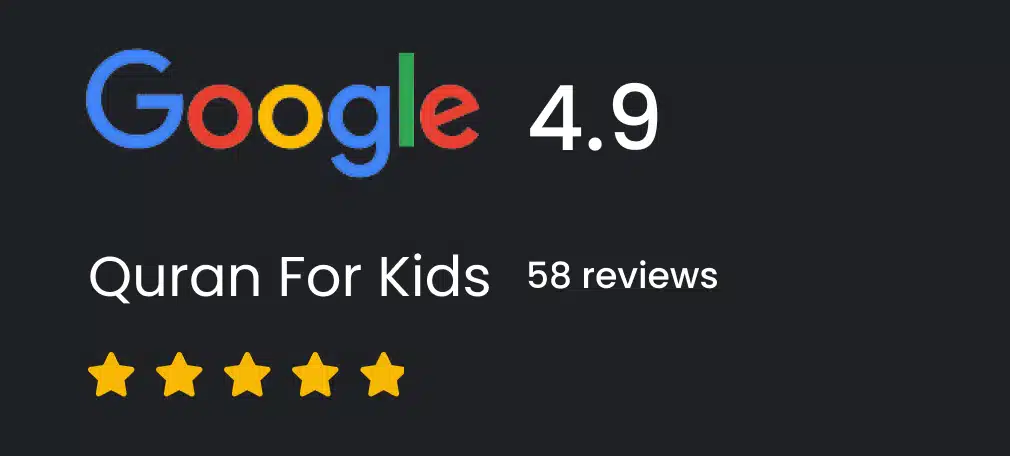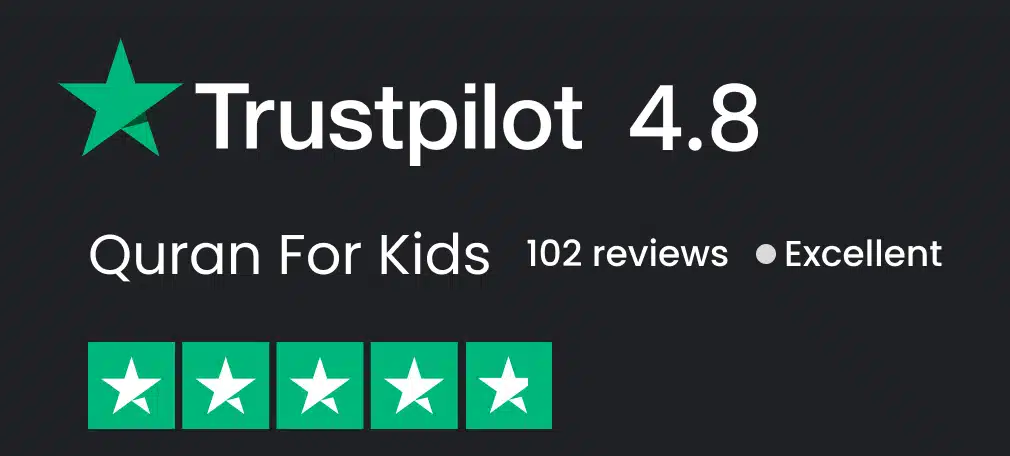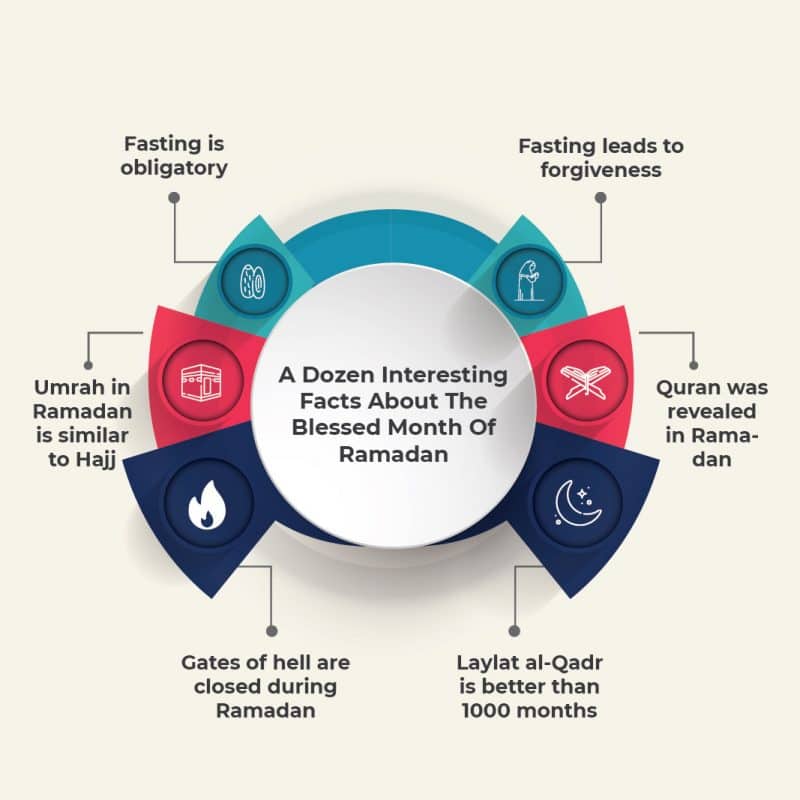#1. Fasting is obligatory during Ramadan
Fasting is one of the five pillars of Islam. It is obligatory upon every Muslim who wishes to live life according to the rules sent down by Allah. As stated in Surah Al-Baqarah, one who sees the new moon of Ramadan should fast the month. This is one of the most important facts about Ramadan.
#2. Fasting the whole month will result in forgiveness of sins
In Sahih al-Bukhari, the Prophet (PBUH) said that one who fasts in Ramadan out of sincere faith, and the desire to be rewarded by Allah will have all his sins of the past pardoned.
There is an emphasis on sincere faith, hence the intention determines the reward of the action. Muslims must be sincere with their fasting.

#3. Fasting for Ramadan and the first six days of Shawwal is like fasting for a year
According to Sahih Muslim, the Prophet (PBUH) said that fasting in Ramadan along with six days in Shawwal is like fasting for the entire year which is amongst the most major facts about Ramadan.
The fasts of Ramadan are thus very virtuous for Muslims as the reward is multiplied manifolds.
#4. The excellency of giving people food for Iftar
In Sunan Ibn Majah, the Prophet (PBUH) stated that one who provides a fasting person with food to break his fast will have a similar reward, without any sort of reduction in their reward.
Providing food for others during the time of breaking fast is one of the most righteous deeds in Islam.
#5. The Quran was revealed in Ramadan
It is mentioned in Surah Al-Baqarah that the Noble Quran, which contains guidance and evidence, was revealed in Ramadan. So, amongst the most interesting facts of Ramdan is that revelation of the Holy Book of Allah began in this month. Hence, the month is also sometimes called the month of the Quran.
#6. It is Sunnah to complete the Quran during Ramadan
According to Sahih al-Bukhari, Jibreel (AS) would repeat the recitation of the Quran with Muhammad (PBUH) once a year but repeated it twice in the final year of his life. As the Prophet (PBUH) completed the recitation of the Quran during this blessed month, it is highly recommended for Muslims to do so as well. The early generations of Muslims also did this.
#7. The night of Laylat-ul-Qadr is better than a thousand months
One of the most important facts about Ramadan is that in Surah Al-Qadr, Laylat-ul-Qadr (the Night of Decree) is described as being superior to a thousand months, and the angels descend on this occasion by Allah’s permission. This blessed night is one of the odd-numbered nights during the last ten days of Ramadan. Doing extra good deeds is highly recommended during this virtuous night.
#8. The gates of Hell are closed during Ramadan
In Sahih al-Bukhari, Prophet Muhammad (PBUH) said that the gates of Heaven open at the beginning of Ramadan, while the gates of Hell close, and the devils are chained. The evil effects of the devils are reduced during this blessed month. As a result, Muslims are encouraged to do various acts of worship to gain extra rewards in Ramadan.
#9. Umrah in the month of Ramadan is equivalent to Hajj
In Sahih Muslim, the Prophet (PBUH) encouraged the performance of Umrah in Ramadan, saying Umrah in Ramadan is equal to Hajj in terms of its reward. Taking the effort to perform Umrah in this blessed month is, therefore, a very beneficial act for the Muslims.
#10. Praying Tahajjud with an Imam in Ramadan has extra virtues
In Sunan an-Nasa’i the Prophet (PBUH) said that praying Qiyam behind the Imam until he concludes will be counted as the Qiyam of a complete night. The prayer of Tahajjud in the last third of the night has a lot of benefits. These are multiplied further when Muslims perform this prayer in Ramadan in the congregation.
#11. Allah frees people from the fire during every night
According to Sunan Ibn Majah, the Messenger (PBUH) said that every time a fast is opened, Allah frees people from the Fire, every night. Thus, the nights of Ramadan are a chance for redemption for people in the Fire.
#12. It is Sunnah to observe I’tikaaf in Ramadan
In Sahih al-Bukhari, it is mentioned that the Prophet (PBUH) used to observe I’tikaaf in the final ten days of Ramadan. For Muslims, I’tikaaf means to leave worldly activities and confine themselves to a mosque for the purpose of worship, i.e., prayer, supplication, etc.





